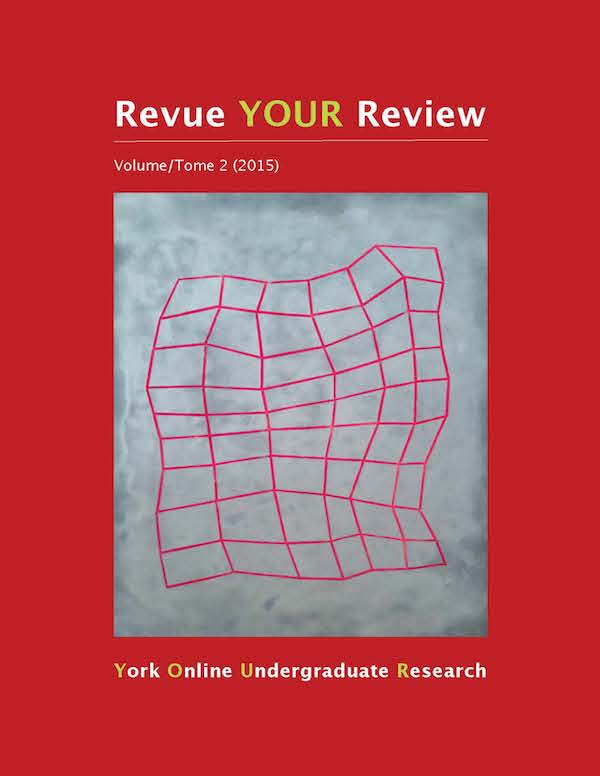Uncertainty Management: Literature Review
Résumé
The following literature review discusses social psychology theories of uncertainty management, namely the Uncertainty Management Model (UMM) proposed by Kees Van den Bos and the Uncertainty-Identity Theory (UIT) proposed by Michael Hogg. Van den Bos’s UMM argues that when individuals feel uncertain, they use fairness judgments to cope with their uncertainty. Conversely, Hogg’s UIT argues that when individuals feel uncertain, they identify with groups to manage their uncertainty. The purpose of this literature review is to effectively analyze UMM and UIT and find relevant research that provides explanation for whether UMM and UIT can in fact both be accurate. The research process consisted of gathering literature specifically surrounding UMM/UIT and then broadening the scope to include journal articles that cover topics of fairness judgments, types of uncertainty, and social identity theory. The literature research revealed that while there are fundamental differences between UMM and UIT, the core concepts of both models have been proven accurate thus far and hold under context-specific situations. This is empirically supported by studies conducted by Cremer, Brebels, and Sedikides that have found that under conditions of general uncertainty individuals use fairness judgments to manage uncertainty, while under conditions of belongingness uncertainty individuals use group identification. By asserting that different types of uncertainty account for different procedural effects, Cremer et al.’s work suggests that perhaps it is the type of uncertainty that actually dictates whether fairness judgments or group identification are utilized when managing uncertainty. This line of research suggests that both UMM and UIT can co-exist and the results of the studies are helping to better define the conditions under which each uncertainty management model prevails.
Téléchargements
Comment citer
Numéro
Rubrique
Licence
Les auteurs qui contribuent à la Revue YOUR Review acceptent de publier leurs articles selon une des trois catégories de la licence 4.0 : Creative Commons Attribution 4.0 International; Creative Commons Attribution-Pas d'Utilisation Commerciale 4.0 International; ou Creative Commons Attribution-Pas de Modification 4.0 International. Tout contenu éditorial de ce site ainsi que les affiches et les résumés sont sous la licence Creative Commons Attribution-Pas de Modification 4.0 International. Pour plus d’informations, veuillez voir :
https://creativecommons.org/licenses/
Dans tous les cas, les auteurs conservent leurs droits d’auteurs et concèdent à la Revue YOUR Review le droit de première publication. Les auteurs peuvent, par la suite, conclure d’autres accords de distribution non exclusifs de la version publiée dans ce périodique (par exemple, l’afficher à un dépôt institutionnel ou le publier dans un livre ou dans un autre périodique) à condition que la reconnaissance fasse mention de la publication originale dans la Revue YOUR Review.


